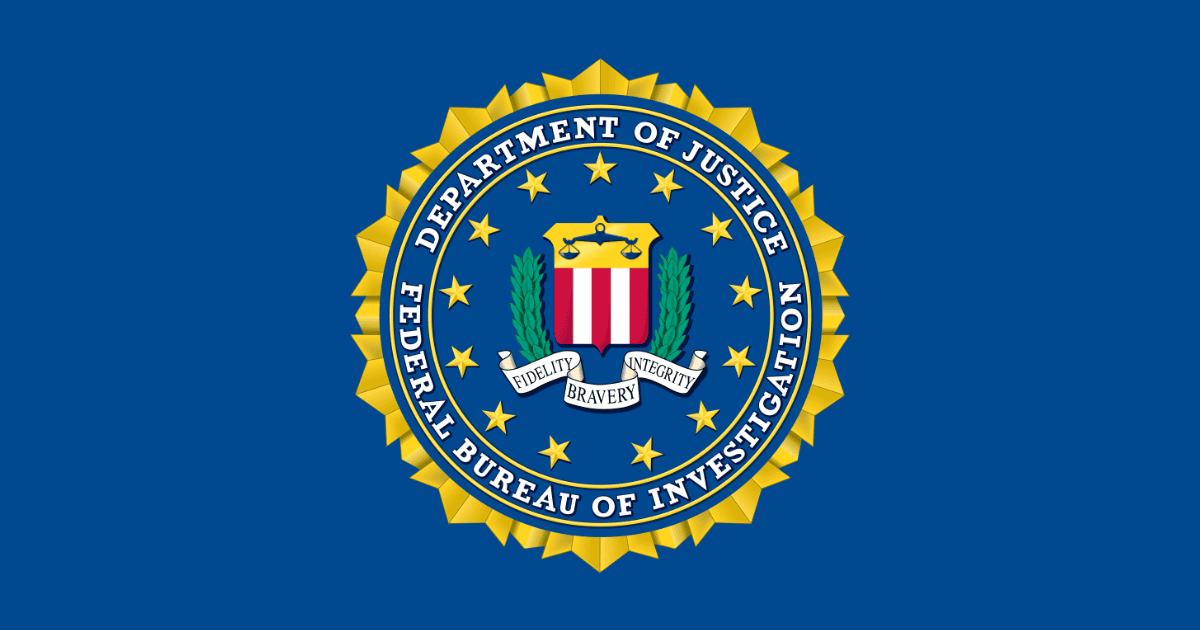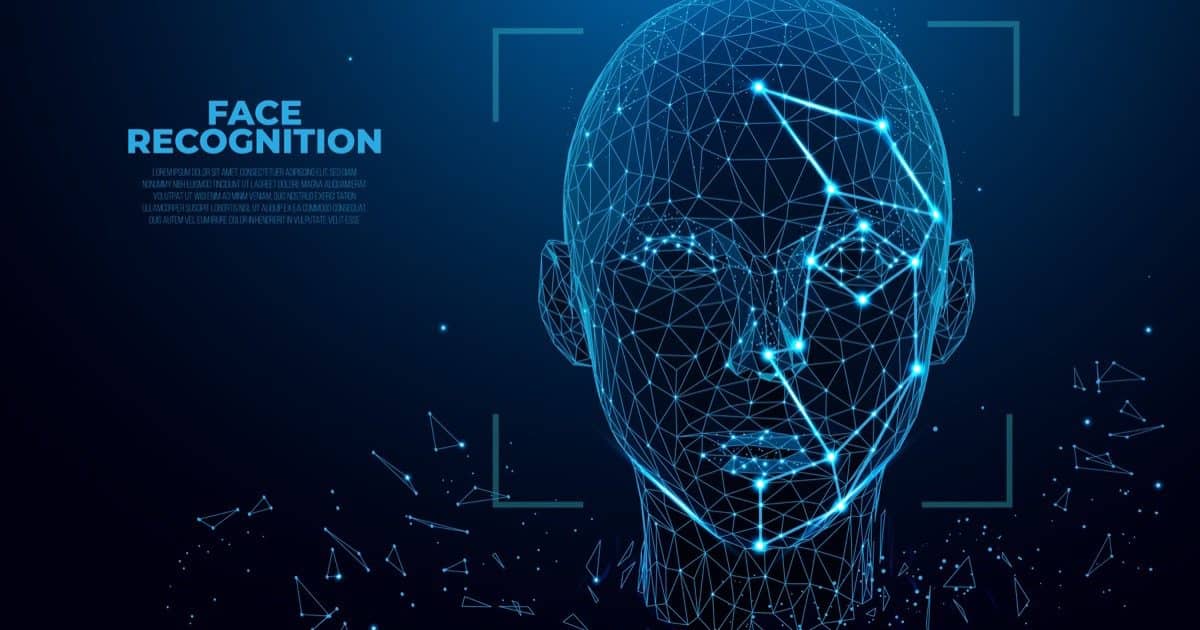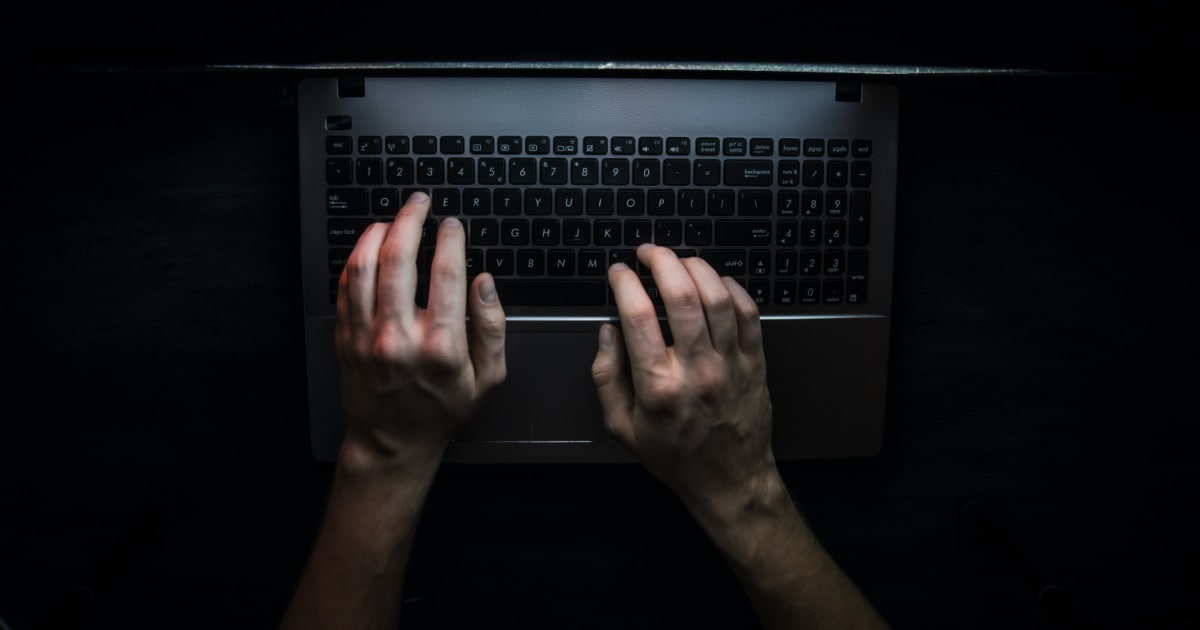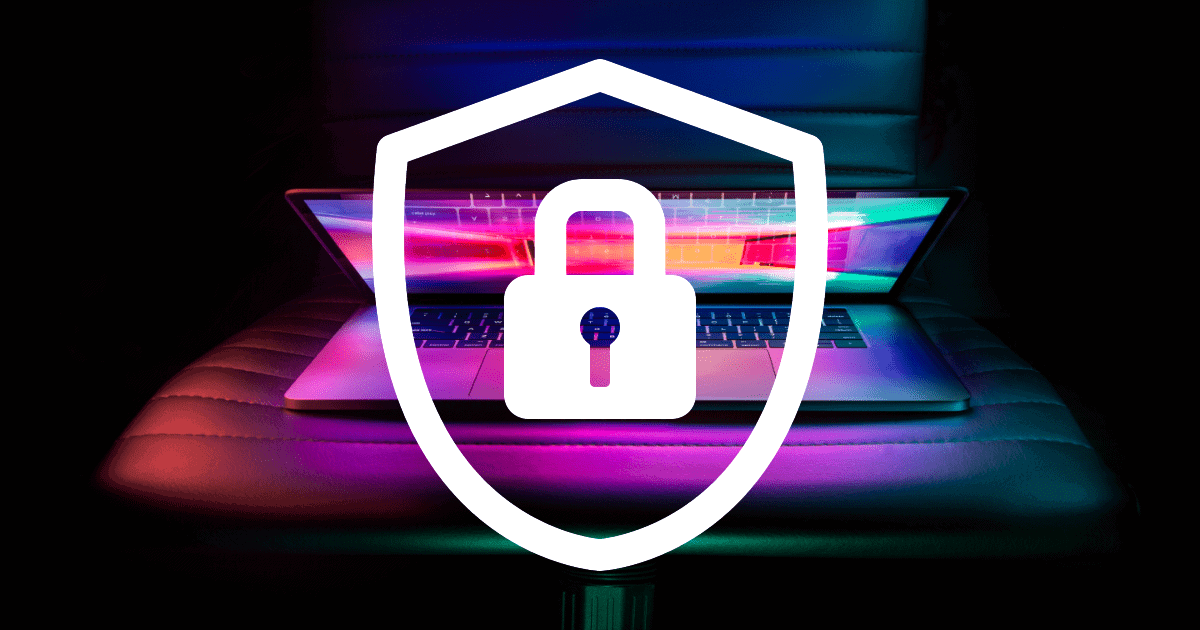The FBI is again asking Apple’s help to unlock iPhones. This time it’s part of an investigation into the shooting at the Naval Air Station in Pensacola, Florida.
FBI
FBI Shares 7 Tech Tips to Keep You Safe
The FBI’s Oregon office shared seven tech tips to keep people safe over the holidays, like not letting devices auto-connect to free Wi-Fi. It’s well worth the read.
The kids are getting out of school this week and you are packing your bags for the big trip to the in-laws. Now is not the time you want to talk about cyber security, but we do have a few travel tips to keep you safe while you are on the go.
FBI Draft Resolution Calls for End-to-End Encryption Ban
An FBI draft resolution for Interpol calls for a ban on end-to-end encryption. It’s for Interpol’s 37th Meeting of the INTERPOL Specialists Group on Crimes Against Children.
A draft of the resolution viewed by Ars Technica stated that INTERPOL would “strongly urge providers of technology services to allow for lawful access to encrypted data enabled or facilitated by their systems” in the interest of fighting child sexual exploitation. Currently, it is not clear whether Interpol will ultimately issue a statement.
Remember when I mentioned the Four Horses of the Infocalypse? Terrorists, drug dealers, pedophiles, and organized crime. Four fears to use as a way to push their agenda. I know it’s a delicate issue. These groups are definitely ones that the majority of society would want to stop. But removing end-to-end encryption for everyone isn’t the way to do that.
ACLU Sues FBI Over Facial Recognition
The ACLU is suing the FBI over its use of secret facial recognition technology. The agency as a database of roughly 640 million faces.
Encryption (Stance) Evolution, AirPods Pro – TMO Daily Observations 2019-10-28
Charlotte Henry and Bryan Chaffin join host Kelly Guimont to discuss former FBI counsel Jim Baker’s stance on encryption and new AirPods Pro.
Encryption Hasn't Stopped the FBI From Fighting Child Porn
Despite arguments from governments that encryption would hinder their ability to fight criminals, this clearly isn’t the case. In a recent example one of the biggest child porn sites on the dark web was recently taken down.
No backdoors were needed to track down the owner of the server or hundreds of the site’s visitors. For that matter, the FBI didn’t even need a warrant. The FBI did not deploy its infamous NIT (Network Investigative Technique) to track down site users. The flaw was the payment system linked to the site. Users may have thought their Bitcoin transactions couldn’t be traced back to them, but they were wrong.
The Four Horsemen of the Infocalypse: Terrorists, pedophiles, drug dealers, organized crime.
FBI to Monitor Social Media for Domestic Terrorism Threats
The FBI wants to monitor Facebook, Twitter, and Instagram for domestic terrorism threats in real time.
The FBI ultimately wants an interactive tool that can be accessed by all headquarters division and field office personnel via web browsers and through multiple devices. Interested vendors should have the capabilities to offer the agency the ability to set filters around the specific content they see, send immediate and custom alerts and notifications around “mission-relevant” incidents, have broad international reach and a strong language translation capability and allow for real-time geolocation-based monitoring that can be refined as events develop.
Just ask the NSA.
Chuck Schumer Calls For Investigation into FaceApp
U.S. Senate minority leader Chuck Schumer called on the FBI and the Federal Trade Commission to investigate FaceApp over privacy and national security concerns.
The viral smartphone application, which has seen a new surge of popularity due to a filter that ages photos of users’ faces, requires “full and irrevocable access to their personal photos and data,” which could pose “national security and privacy risks for millions of U.S. citizens,” Schumer said in his letter to FBI Director Christopher Wray and FTC Chairman Joe Simons.
A misconception around the app is that is transmits all of your photos. It doesn’t; it only uses photos that you willingly upload.
Governments Are Terrible at Securing Data
It absolutely infuriates me when agencies like the FBI, and governments like Australia, the U.S., Germany, and more want us to break encryption or circumvent it with a back door. As Mathew Gault writes, they are completely inept at securing data. Even the NSA, which likes to think it’s the “world leader in cryptology” got hacked.
Regular phone and internet users remain vulnerable, forced to take individual protective measures, like a poor wage-worker without health insurance who’s told to secure her nest egg by cutting out morning lattes.
Kwamaine Jerell Ford Pleads Guilty to iPhone Hack
Kwamaine Jerell Ford has pleaded guilty to hacking celebrity Apple accounts and using them to go on a ‘spending spree’.
FBI: Encryption Infects Law Enforcement Community
The FBI really really dislikes end-to-end encryption, saying that it’s a problem that infects the law enforcement community (paywall).
The so-called going-dark issue…is a problem [that] infects law enforcement and the intelligence community more and more so every day,” said Amy Hess, executive assistant director with the FBI, in an interview. Ms. Hess, who previously oversaw the FBI’s science and technology branch, testified to Congress on the problem during Apple’s 2016 clash with the bureau.
Apple and others are worried about Australia’s encryption ban, and it could be a test case for the rest of the Five Eyes.
Former Director of FBI, CIA Foiled a Phone Scammer
William H. Webster, a former director of both the FBI and CIA, foiled a phone scammer who threatened him and his wife.
Over a number of weeks, Thomas, calling himself David Morgan, made a series of calls to the Websters, and they soon turned threatening: he described their house, and he said that if they didn’t hand over $6,000, he’d shoot them in the head or burn their house down, boasting that the FBI and CIA would never find him.
Can you imagine the look on that guy’s face when he learned who he threatened?
After 15 Years FBI Solves Fruitfly Mac Malware Case
The FBI has solved the Fruitfly Mac malware case after fifteen years. It was created by a man from Ohio who was arrested in January 2017.
FBI Uses Face ID to Unlock Suspect's iPhone in Child Abuse Case
During an investigation, the FBI forced a suspect to unlock his iPhone with Face ID. This could be a significant precedent for law enforcement.
FBI's Router Reset Request, ARM-based Macs - TMO Daily Observations 2018-05-29
Dave Hamilton and John Martellaro join Jeff Gamet to explain what’s behind the FBI’s warning to reboot your home network router, plus they share their thoughts on the possibility of a Mac with an ARM processor.
Twitter Insanity, Apple's AI Showdown, FBI Exaggeration, Apple's HQ Hunt - ACM 463
Twitter has lost its corporate mind, Bryan Chaffin and Jeff Gamet argue in this episode of ACM. They also weigh the importance of WWDC 2018 in terms of Siri, and discuss whether or not Apple has to announce significant improvements to remain competitive in AI. Then there’s the revelation that the FBI exaggerated the number of locked iPhones it couldn’t get into, and they squeeze in a fourth topic, too: Apple’s hunt for a new campus, and how it contrasts with Amazon.
This FBI Special Agent in Charge Says: 'We Heart Apple'
John Bennett, Special Agent in Charge of the FBI’s San Francisco office, told Forbes, “We heart Apple. They train our cops.”
FBI Agent Whines About iOS Encryption, Calling Apple 'Evil Geniuses and Jerks'
By “evil genius stuff” he of course refers to mathematics. That’s what encryption is, just a bunch of fancy math.
FBI Director Renews Calls for Magical Encryption Bypass, Doesn't Believe Experts Who Call It Impossible
Citing more than 7,700 locked devices the FBI can’t get into, Director Christopher Wray said he doesn’t believe experts who claim you can’t weaken encryption without putting everyone at risk.
Encryption Debate, Apple's Paradise Papers, iPhone X - ACM 436
The false dichotomy that we must choose between privacy and safety when it comes to encryption has once again reared its ugly head, and Bryan and Jeff discuss why that’s so dangerous. They also look at how Apple was affected by the so-called Paradise Papers, and discuss Jeff’s initial impressions of the iPhone X. For added fun, Jeff mocks Bryan for not having his iPhone X yet.
ARM MacBooks, FBI Keeps its San Bernardino iPhone Secrets - TMO Daily Observations 2017-10-02
Jeff Butts and Dave Hamilton join Jeff Gamet to talk about why they don’t think Apple is going to make an ARM processor MacBook, plus they explain the ruling that says the FBI doesn’t have to reveal its San Bernardino iPhone hacking partner.
Court Says FBI Doesn't Have to Share San Bernardino iPhone Hack Details
Federal court rules the FBI gets to keeps its secrets about how it hacked into the iPhone 5C recovered from San Bernardino mass shooter Syed Farook.
Amazon's Echo Show, FBI's iPhone Hack Price Tag - TMO Daily Observations 2017-05-09
Amazon unveiled its Echo Show, and it has a display. Bryan Chaffin and the Maccast’s Adam Christianson join Jeff Gamet to share their reactions to Amazon’s newest Alexa device. They also have some thoughts on the unintended confirmation that the FBI paid $900,000 for the San Bernardino iPhone hack, plus Bryan coins “I’m gonna up that up.”
FBI Paid $900K for San Bernardino iPhone Hack
The FBI refused to ever share how much it paid for the hack into San Bernardino shooter Syed Farook’s iPhone, but thanks to Senator Diane Feinstein we now know the price was US$900,000. The Senator accidentally spilled the beans during a Judiciary Committee meeting on accessing encrypted data on smartphones and personal computers.













